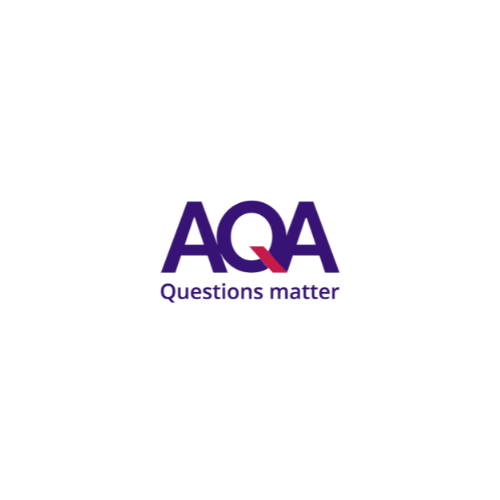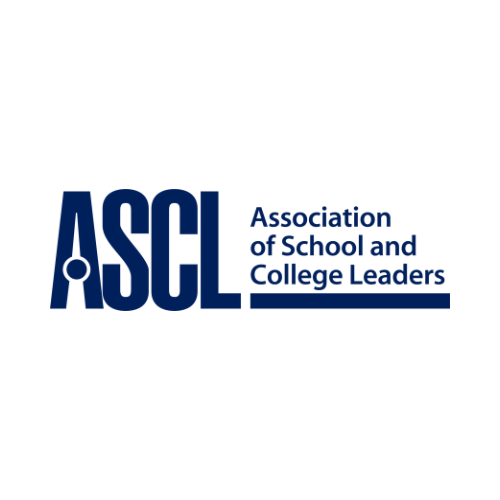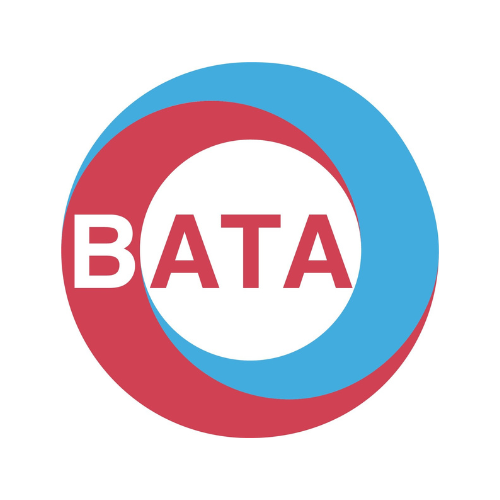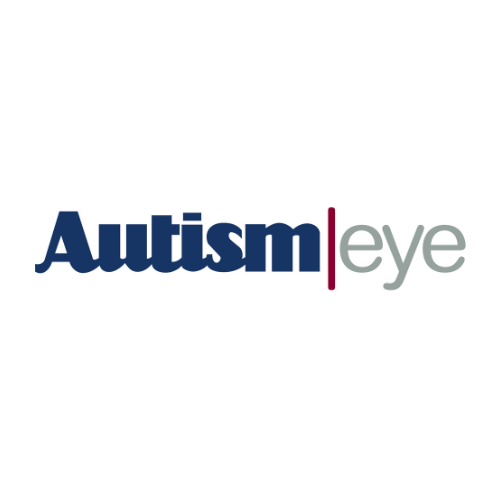When do Restrictive Practices Become a Safeguarding Concern?
This seminar explores the critical balance between safety and rights when using restrictive practices in education settings.
Participants will gain a clear understanding of the different types of restrictive practices and the ethical and legal considerations surrounding their application.
Maria will explain how and when restrictive practices can cross into safeguarding concerns, examining key indicators of misuse, unintended harm or breaches of individuals’ rights.
By the end of this session, delegates will be able to:
• Define Restrictive Practices – Understand what constitutes a restrictive practice and identify different types used in educational and care settings.
• Understand the Legal and Ethical Frameworks – Identify relevant laws, poli-cies and guidance that govern the use of restrictive practices including duty of care and human rights considerations in education settings.
• Recognise Safeguarding Implications – How restrictive practices can become a safeguarding concern, including potential risks of physical and psychologi-cal harm.
• Identify Warning Signs of Organisational Distress – Recognise indicators that restrictive practices may be used inappropriately or excessively, leading to safeguarding concerns.
• Develop Confidence in Reporting and Responding – Understand when and how to report concerns about restrictive practices and the role of staff in safeguarding children and young people.
Why attend this session?
Keeping children safe in education (KCSiE) is statutory guidance that schools and colleges in England must have regard to when carrying out their duties to safeguard and promote the welfare of children. Join Maria to find out how and when restrictive practices can cross into safeguarding concerns.
Each seminar place costs £22 +VAT before the show and £24 +VAT at the show itself.













